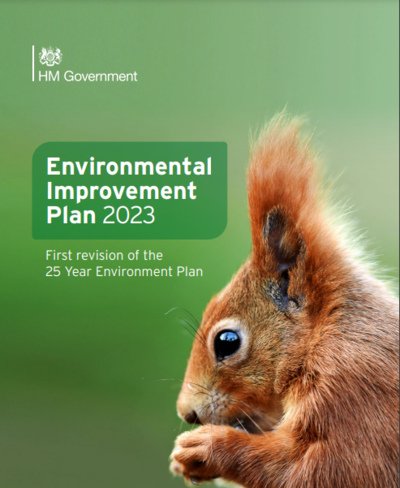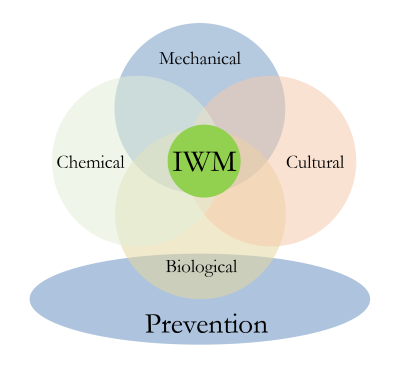The new Environmental Improvement Plan 2023
This month saw the publication of the government’s new Environmental Improvement Plan 2023. The document considers ten environmental goals as follows:
This month saw the publication of the government’s new Environmental Improvement Plan 2023.
The document considers ten environmental goals as follows:
- Goal 1: Thriving plans and wildlife
- Goal 2: Clean air
- Goal 3: Clean and plentiful water
- Goal 4: Managing exposure to chemicals and pesticides
- Goal 5: Maximise our resources, minimise our waste
- Goal 6: Using resources from nature sustainably
- Goal 7: Mitigating and adapting to climate change
- Goal 8: Reduced risk of harm from environmental hazards
- Goal 9: Enhancing biosecurity
- Goal 10: Enhancing beauty, heritage and engagement with the natural environment

We wanted to draw particular attention to Goal 4: Managing exposure to chemicals and
pesticides, as there is a lot that we can help you with in this area.
The first method that the government indicate in how they will deliver on this goal, is with a
new Chemicals Strategy due this calendar year. This document will set out priorities for
addressing risks from chemicals, indicates how regulation will be used and how the
government can, and will, encourage a move to more sustainable use of chemicals. The
government adds to this by adding it will publish a revised UK national action plan for the
sustainable use of pesticides to reduce the harm of pesticides and help the transition to an
integrated pest management regime, with investment and advice.

The government’s delivery plan:
1. Ensuring chemicals are safely used and managed – recognising that chemicals are
an important part of our everyday life, manage any risks posed by, and to continue
to phase out the most harmful and persistent pollutants in favour of safer and more
sustainable alternatives.
2. Minimising the risks and impacts of pesticides – reducing their impacts on human
health and the environment, while ensuring pests and pesticide resistance can be
managed effectively.
3. Harnessing UK expertise internationally to improve global chemicals management
– managing exposure to chemicals and pesticides is a transboundary issue, requiring
global solutions and international cooperation. As a global scientific leader on
chemicals management, the UK will use science diplomacy and expertise to influence
global environment policy.
Read more from page 126 of the Environmental Improvement Plan 2023 here.
Whilst we are waiting for this advice to come from the government, why not have a read of
our advice on Integrated Weed Management here.
Get in touch to get one step ahead, before it becomes legislation!
No comments yet. Login to start a new discussion Start a new discussion